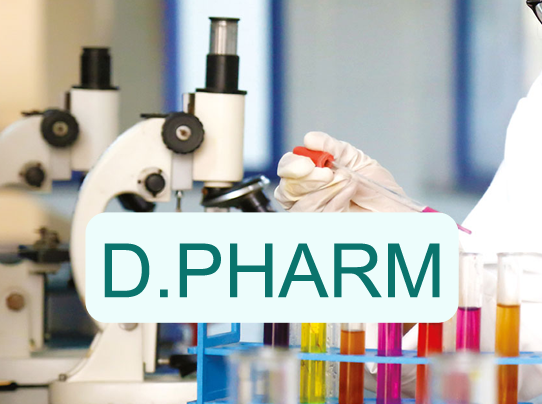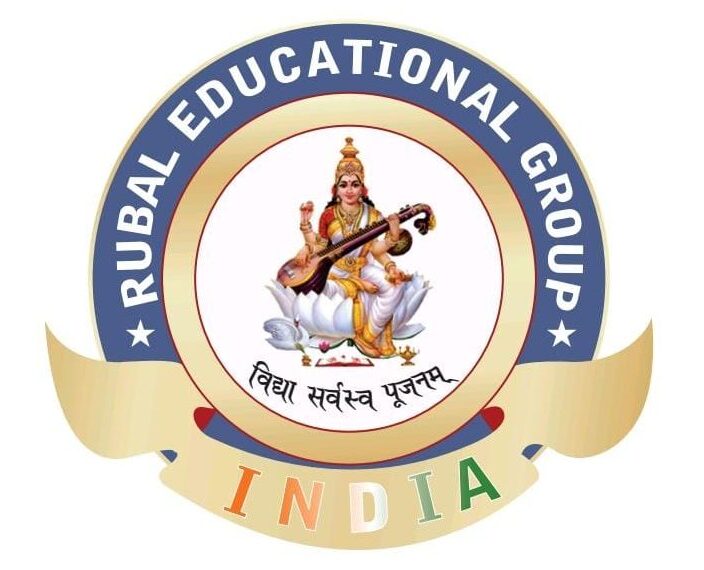D.Pharma
Are you interested to do a Pharmacy Course? Yes! Then, D.Pharm is the best course for you after 12th.

- To be eligible to apply to this course, students must have passed Class 12 or equivalent in a relevant discipline from a recognized board with an aggregate of at least 50% marks.
- Admission to D Pharm courses is either entrance or merit-based. The most popular entrance tests are GPAT, JEE Pharmacy etc.
- The average tuition fee charged by colleges or universities for this course in India lies anywhere between INR 10,000 and 1,00,000 per annum. The fee varies as per the type of the institution.
- After completing this course, students will be able to find work in various private and public sectors as a Pharmacist, Scientific Officer, Quality Analyst, Production Executive, Medical Transcriptionist etc. Also check top D Pharm Jobs here.
- Average initial salary offered to a Pharmacy diploma holder ranges somewhere between INR 2,00,000 and 5,00,000 per annum, which may increase with the number of years of work experience and knowledge in the field
- On completion of this course, students can pursue higher studies and advanced academic exploration through B Pharm and other Diploma courses. This course essentially provides a solid basis for further studies and related prospects. Also check top B Pharm Jobs in India here
यदि आप यह कोर्स करना चाहते हैं तो दिए गए नंबर पर हमें कॉल करें।
Eligibility Criteria Of D.Pharma
Students who wish to pursue a Diploma in Pharmacy course must fulfil the following eligibility criteria.
- The candidate must have passed Class 12 or equivalent from a recognized board.
- Students must have studied Physics, Chemistry, and Biology or Mathematics as compulsory subjects.
- The candidate must have a minimum of 50% marks in aggregate.
- 10% relaxation in marks will be given to candidates belonging to SC/ST/OBC (non-creamy layer), differently abled, and other categories.
Syllabus Of D.Pharmacy
Here’s a condensed syllabus outline for a Diploma in Pharmacy (D.Pharm) program:
Pharmaceutics: Pharmaceutical dosage forms, pharmaceutical calculations, packaging, labeling.
Pharmaceutical Chemistry: Organic chemistry, medicinal chemistry, inorganic chemistry, biochemistry.
Pharmacology: Drug mechanism of action, pharmacokinetics, pharmacodynamics.
Pharmacognosy: Medicinal plants, extraction, isolation, identification of active constituents.
Biochemistry: Carbohydrates, proteins, lipids, enzymes, vitamins, nucleic acids.
Hospital and Clinical Pharmacy: Drug distribution systems, medication management, therapeutic drug monitoring, patient counseling.
Pharmaceutical Jurisprudence: Pharmacy laws, ethics, regulations.
Microbiology: Microbial contamination, sterilization, microbial assays.
Biopharmaceutics and Pharmacokinetics: Drug formulation, absorption, distribution, metabolism, excretion.
Pathophysiology: Basic concepts of disease processes and drug interactions.
Quality Assurance and Regulatory Affairs: Quality control, regulatory standards, Good Manufacturing Practices (GMP).
Dispensing and Community Pharmacy: Medication dispensing, patient counseling, community pharmacy management.
This outline covers the fundamental subjects typically included in a D.Pharm curriculum. Remember, the specific topics and depth of coverage may vary depending on the institution and regulatory requirements.
What is JEECUP?
JEECUP is an annual entrance examination conducted by the Joint Entrance Examination Council (Polytechnic) to provide admissions into the participating polytechnic institutes of the state. The courses offered through JEECUP 2024 are Technology, Engineering and Pharmacy. The entrance examination is held as a computer-based test that will check the aptitude and knowledge of the candidates in Physics, Chemistry and Mathematics. The eligible candidates must qualify for the exam and participate in the admission process. There is no other mode of admission for the participating institutes of JEECUP.
Job Specialization Of D.Pharmacy
If you’re referring to a concise list, here are some specialized job roles for Doctor of Pharmacy (Pharm.D.) graduates:
Clinical Pharmacist: Working directly with healthcare providers to optimize medication therapy and patient outcomes in hospitals or clinics.
Hospital Pharmacist: Managing medication dispensing, inventory, and ensuring safe use within a hospital setting.
Community Pharmacist: Dispensing medications, counseling patients, and providing healthcare services in retail pharmacies.
Pharmaceutical Industry Professional: Engaging in drug development, regulatory affairs, medical affairs, pharmacovigilance, or marketing within pharmaceutical companies or regulatory agencies.
Clinical Researcher: Conducting clinical trials to evaluate new medications or therapies for safety and efficacy.
Pharmacovigilance Specialist: Monitoring and evaluating post-marketing medication safety and ensuring regulatory compliance.
Academic Pharmacist: Teaching pharmacy students, conducting research, and contributing to pharmacy practice and education.
Specialty Pharmacist: Managing complex medication therapies for patients with chronic or rare diseases in specialty pharmacies or healthcare institutions.
These roles encompass various aspects of pharmacy practice, allowing Pharm.D. graduates to specialize based on their interests and career aspirations.

